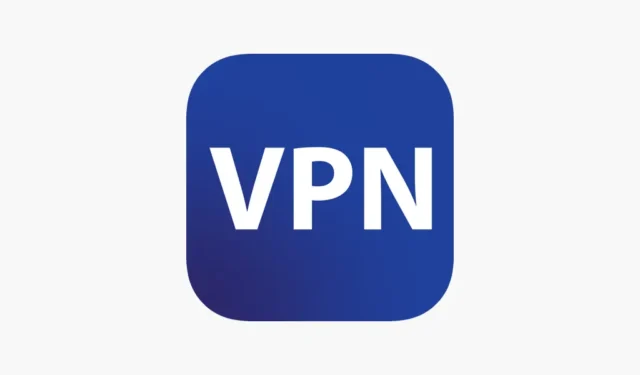Understanding the Difference Between VPNs and Firewalls

Every time you connect to the internet for work, streaming, or casual browsing, you might be exposing more personal information than you realize. Given the increasing number of cyber threats, protecting yourself online is crucial. This is where tools such as VPNs and firewalls can be instrumental. Although they might seem similar, VPNs and firewalls serve different purposes. In this article, we will explore what VPNs and firewalls are, how they differ, and how to effectively utilize them for your online safety.
Understanding VPNs
Our online activities aren’t as private as we often assume. Have you ever had the feeling of being monitored while browsing? In many respects, you are. This is where a VPN, or Virtual Private Network, proves valuable.
A VPN functions by establishing an encrypted connection between you and the internet. It masks your IP address, making it appear as if you are accessing the internet from a different location.
For instance, while browsing from your home, your IP address can disclose your location and other details about your connection. A VPN reroutes your traffic through one of its secure servers, disguising your actual location.
This process not only conceals your identity but also adds a protective layer. If a malicious actor or your internet service provider attempts to spy on your online activities, all they will encounter is encrypted information that reveals nothing substantial.
Defining a Firewall
A firewall acts as a protective barrier that oversees all online traffic attempting to access your device or network. It scrutinizes and filters this traffic, allowing only trusted connections to enter. Anything deemed suspicious or threatening will be blocked.
If you’ve encountered a message stating “access denied” or “blocked by security policy” while trying to access certain websites or apps, a firewall is likely responsible for that restriction.
Firewalls can take various forms, from software applications running on personal computers to hardware devices protecting enterprise-level networks. When installed on your device, they continuously monitor for any unauthorized activity, blocking potential threats before they can inflict harm.
VPNs vs. Firewalls: Key Differences
VPNs and firewalls serve distinct primary functions. A VPN emphasizes encryption and privacy, whereas a firewall focuses on controlling access and preventing potential intrusions.
You can view a VPN as a privacy tool that conceals your IP address, encrypts your data traffic, and gives the appearance of browsing from elsewhere. While it protects your data from prying eyes, it does not shield you from malware or viruses, which is a prevalent misconception.
In contrast, a firewall stands as a barrier between your device/network and possible threats. It evaluates incoming and outgoing traffic against established security rules, determining what is safe. For example, if a dubious application attempts to communicate with your device, the firewall can intervene and block it, preventing data theft.
In essence, while the VPN shields what you transmit, the firewall protects against what tries to penetrate your device.
When to Employ a VPN
Utilize a VPN when you want to maintain your privacy online, secure your data, or access region-restricted content.
Here are some common scenarios for using a VPN:
- Connecting to public Wi-Fi: Free public networks found in cafes, hotels, or airports can be insecure, making it easy for hackers to intercept data. A VPN encrypts your online actions, safeguarding your data.
- Bypassing geo-restrictions: If content is not accessible from your location, a VPN can mask your real location, granting you access.
- Enhancing privacy: Regular browsing can leave traces of your data. A VPN can help preserve your IP address and online activities.
- Avoiding speed throttling: Utilizing a VPN can prevent your internet service provider from limiting your connection speed during streaming or downloads.
When to Employ a Firewall
Here are situations where implementing a firewall is crucial:
- Securing your network: A firewall thwarts unauthorized access to your system, ensuring safety at home and in the workplace.
- Blocking malware: If a suspicious program attempts to transfer data, a firewall can spot and prevent it before it compromises your device or steals your information.
- Utilizing unsecured networks: Having a firewall adds an essential protective element even when connecting with personal devices on insecure networks.
Is It Advisable to Use a VPN and Firewall Together?
Absolutely! Combining a VPN with a firewall can enhance your online safety significantly. Both tools work together to create a robust defense.
When deployed simultaneously, a VPN encrypts your data and keeps your online activities private, while a firewall vigilantly monitors the traffic entering or leaving your device or network.
In today’s digital landscape, safeguarding your online privacy is more critical than ever. Tools like VPNs and firewalls are vital in securing your digital life. If you’re just beginning to explore these options and prefer not to invest initially, many free VPN and firewall solutions are available to offer protection.
Leave a Reply